Syria Dec, 15, (V7N) - Damascus: The toppling of Syrian leader Bashar al-Assad by Islamist-led rebels has set off a flurry of international diplomatic and military activity. With Turkey signaling readiness to support the new government militarily and the United States initiating direct contact with the previously designated terrorist group Hayat Tahrir al-Sham (HTS), the geopolitical stakes in Syria have sharply escalated.
Turkey Offers Military Backing
Turkish Defense Minister Yasar Guler announced on Sunday that Ankara stands ready to provide military assistance to Syria’s interim government if requested. Speaking to Turkish media, Guler emphasized the need to give the new leadership, spearheaded by HTS and its allies, an opportunity to stabilize the war-torn nation.
"The new administration should be supported in this critical period. Turkey is prepared to provide the necessary assistance upon their request," Guler said.
In a symbolic gesture, Turkey has reopened its embassy in Damascus after 12 years, hoisting its flag over the diplomatic mission for the first time since the outbreak of Syria’s civil war.
US Engages with HTS Despite Terrorist Designation
In a stunning policy shift, US Secretary of State Antony Blinken revealed Saturday that Washington has established direct contact with HTS. This comes despite HTS’s roots as Al-Qaeda's branch in Syria and its designation as a terrorist organization by the US and other Western nations.
"We've been in contact with HTS and with other parties," Blinken confirmed following high-level talks with Arab, European, and Turkish diplomats in Aqaba, Jordan. He added that the US would consider easing sanctions on Syria based on "sustained action" by the interim government to meet international standards.
Blinken also supported a joint statement by regional and global powers calling for a Syrian-led transition to form "an inclusive, non-sectarian, and representative government."
Mixed Reactions and Regional Concerns
While Turkey welcomed the developments, other nations expressed alarm. The UAE raised concerns about the Islamist affiliations of the new ruling coalition. Presidential adviser Anwar Gargash said, "The links to the Muslim Brotherhood and Al-Qaeda are deeply worrying."
In Lebanon, Hezbollah leader Naim Qassem admitted the group had lost a critical military supply route via Syria due to Assad's ouster. "The resistance must adapt to the circumstances," he said.
Meanwhile, HTS leader Abu Mohammed al-Jolani criticized Israel’s recent Golan Heights incursion, calling it a violation of the 1974 armistice agreement. However, he ruled out retaliation, citing Syria’s "general exhaustion" after years of conflict.
Interim Government Faces Domestic Challenges
The newly installed Syrian government has issued a seven-day ultimatum for the return of stolen state property, threatening prosecution for those found guilty of concealment.
As part of its transition efforts, the government has also emphasized anti-corruption measures, although doubts persist about its ability to maintain order amid ongoing regional tensions.
With the Constitutional Court in Turkey deliberating on long-term support and the US balancing its engagement with HTS against the broader fight against terrorism, Syria’s future remains uncertain. The international community continues to tread cautiously, navigating the delicate balance between supporting a fragile transition and mitigating risks of further destabilization in the region.
END/WD/RH



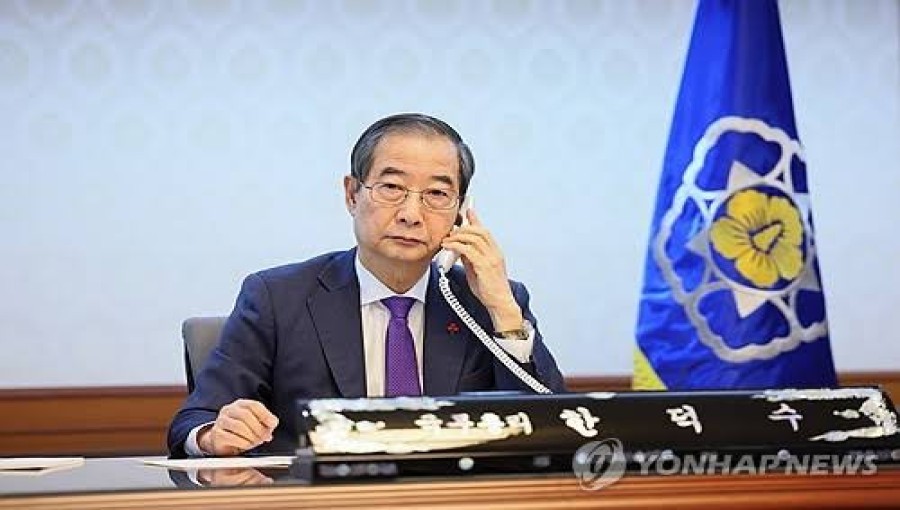
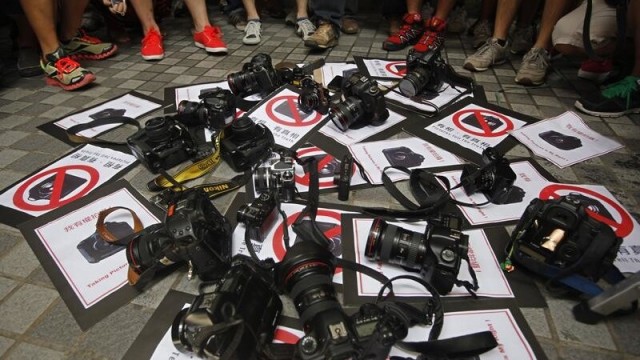
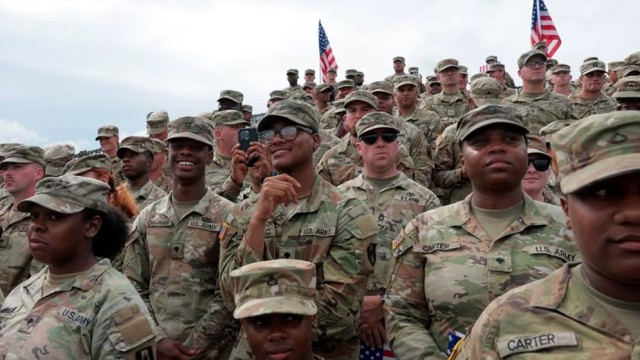
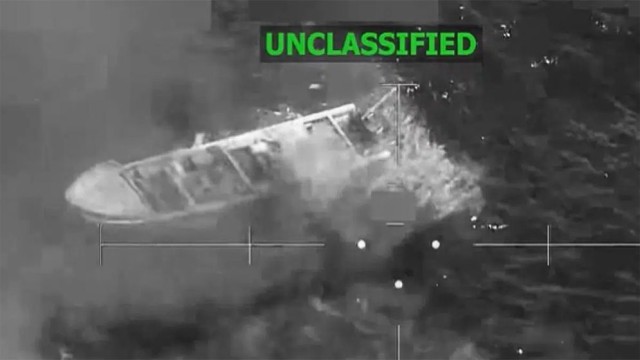
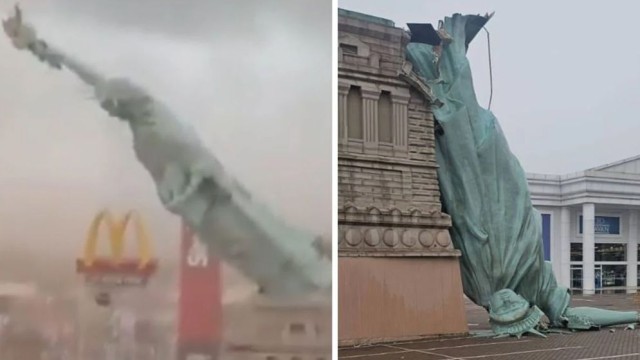
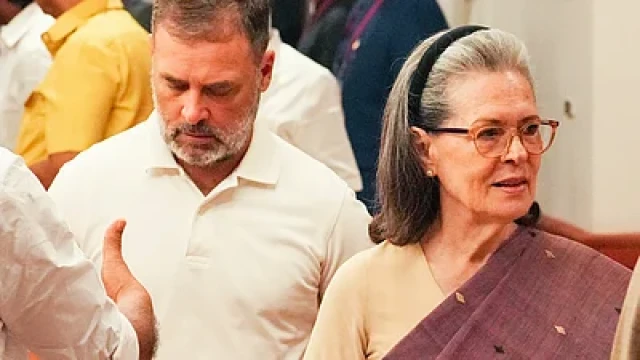
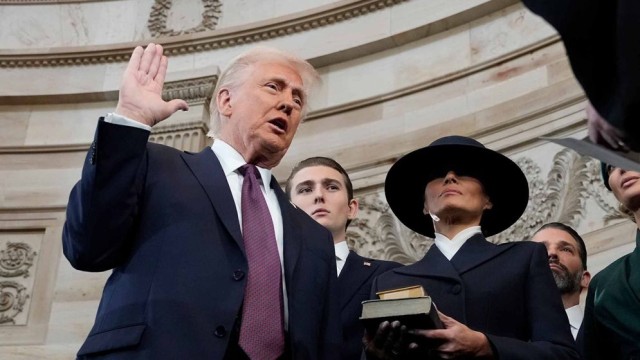
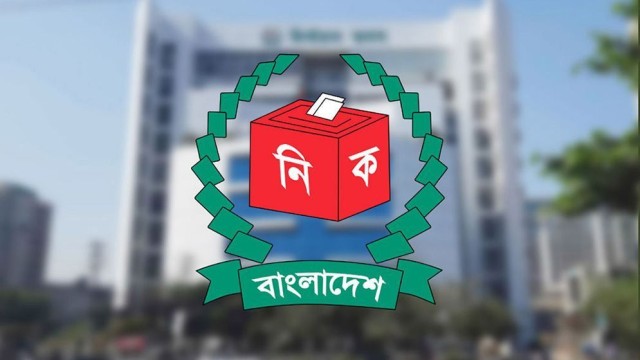
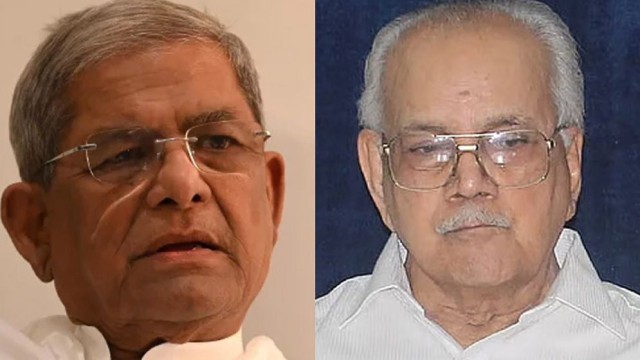

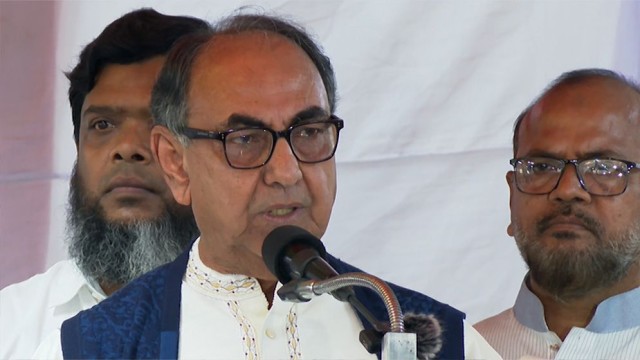



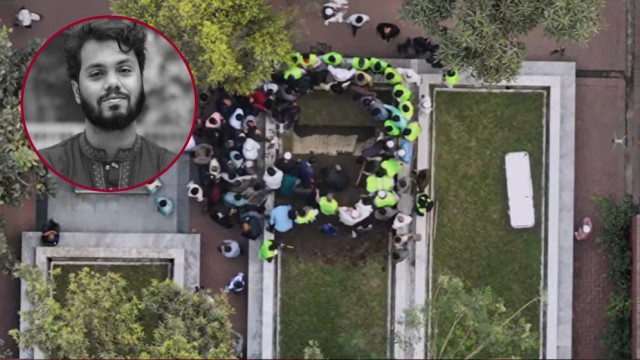

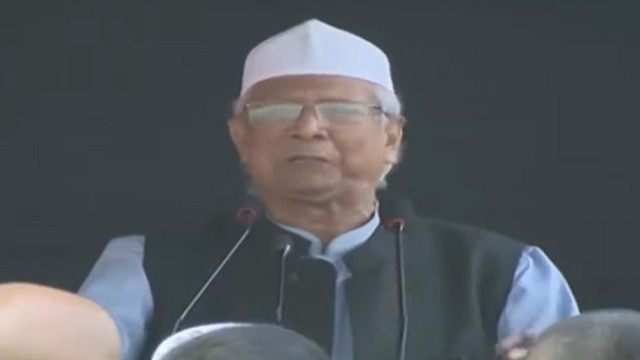

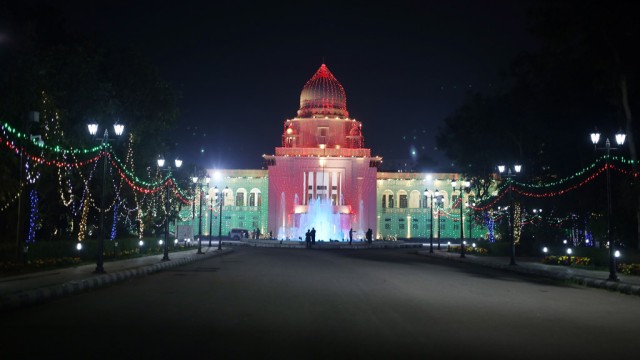
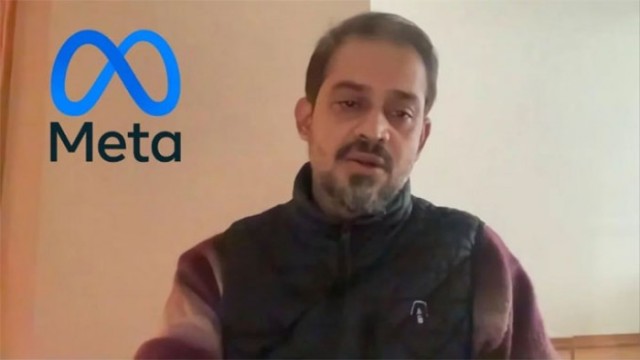

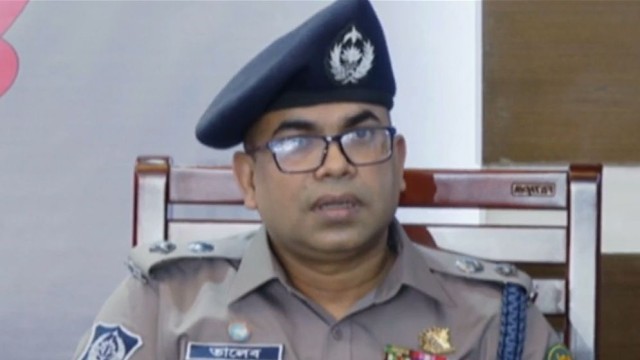
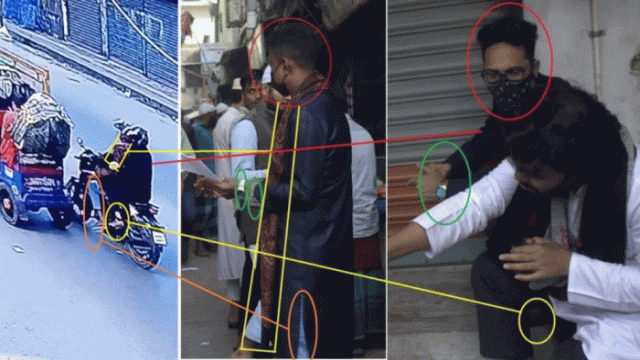

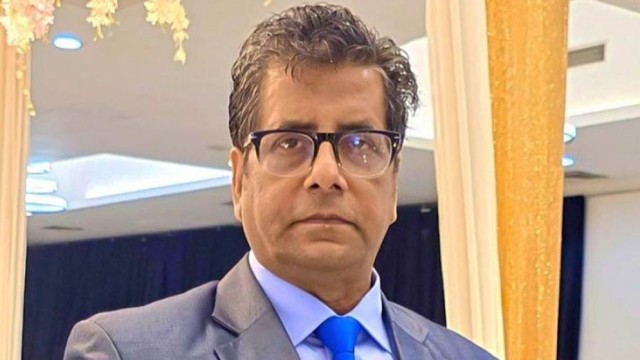



Comment: